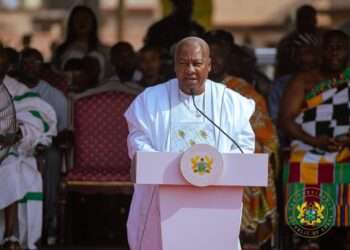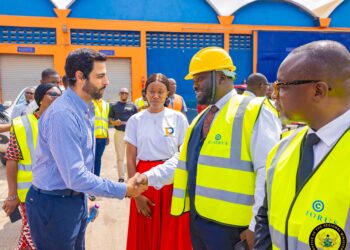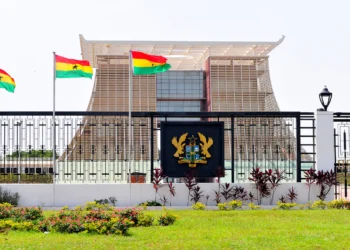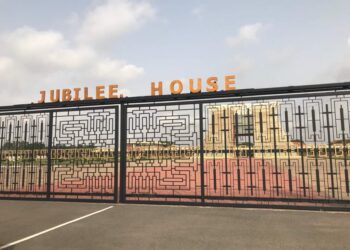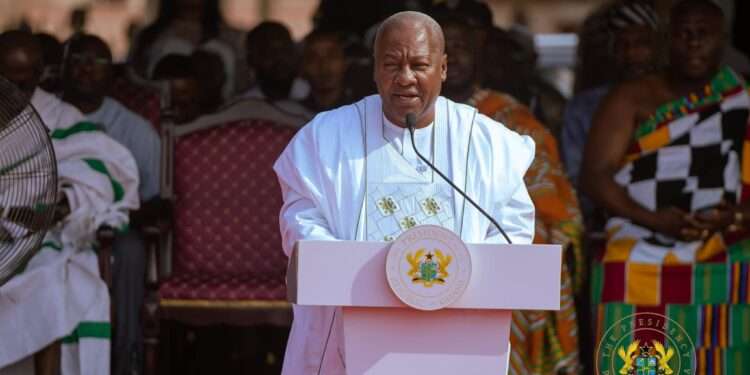Members of the Minority on the Lands and Forestry Committee of Parliament have criticized the government for its lack of transparency in accounting for funds allocated in the fight against illegal mining, also known as ‘galamsey’, in the 2024 Budget.
The Minority alleged that USD 30 million was quarterly disbursed to the defunct inter-ministerial committee for three years, and over GHS 5 million was spent on the government’s engagement with traditional leaders and security agencies to address the galamsey issue.
Deputy Ranking Member on the Lands and Forestry Committee, Alhassan Suhuyini, stressed the importance of government accountability in combating ‘galamsey.’
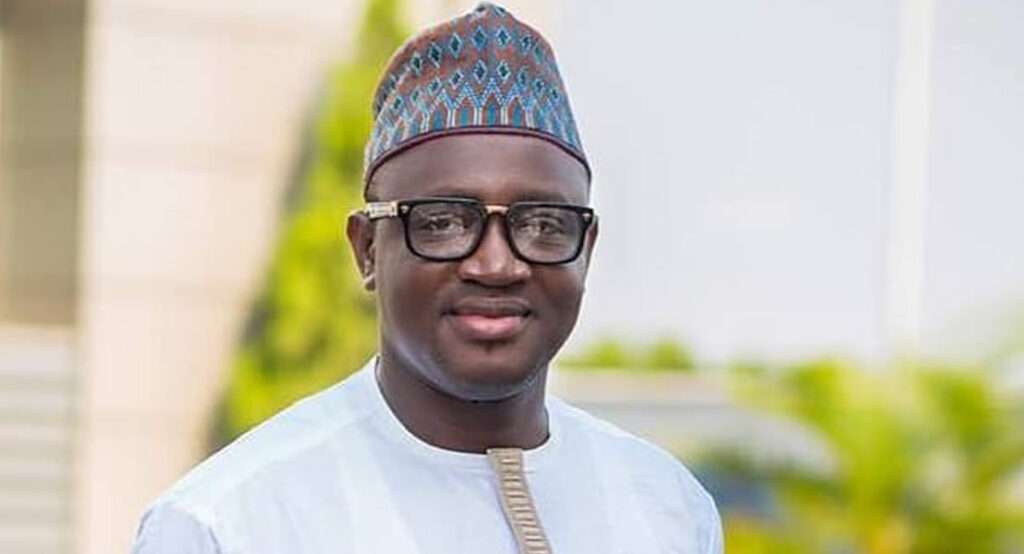
“Shouldn’t we be asking ourselves why, this time in the budget statement, not even once has the ‘galamsey’ word been mentioned? After we have spent millions of Ghana cedis. The inter-ministerial committee was allocated USD 30 million every quarter, and they operated for three years.
“That should tell you how much money has gone down the drain; they blew GH¢5.4 million just to fight on ‘galamsey’. The question is, to what end? What are the benefits that we have from all of these?”
Alhassan Suhuyini
Meanwhile, Davis Opoku Ansah, the Member of Parliament for Mpraeso, has urged the government to consider setting up a fund dedicated to repairing the damage inflicted on river bodies by ‘galamsey.’
“Mr. Speaker, everybody is talking about ‘galamsey’ and how it has destroyed our water bodies. There’s the need for a fund to be set aside so that monies deposited in this fund will be used to repair destroyed rivers, construct new waters for our people, and ensure that the Ghanaian is assured of good drinking water.”
Davis Opoku Ansah
Galamsey, or illegal mining, has escalated in Ghana under President Akufo-Addo’s administration. Despite efforts to curb this environmental menace, the problem persists and has even intensified in certain areas. Critics argue that inadequate regulation, corruption, and weak enforcement have contributed to the surge in illegal mining activities. The impact on water bodies, ecosystems, and communities is alarming, raising concerns about the effectiveness of existing measures to combat galamsey.
The government have come under heavy pressure to implement more stringent measures and address the root causes of this illicit practice for the long-term sustainability of Ghana’s natural resources.
Majority Defends Government’s Road Infrastructure Investment
On the other hand, the Majority in Parliament has asserted that the government has dedicated approximately 16 billion Ghana Cedis to enhance the country’s road infrastructure since 2017.
Despite recent widespread demonstrations by Ghanaians decrying the deteriorating state of roads, the Chairman of the Roads and Transport Committee of Parliament, Kennedy Osei Nyarko, argued during the 2024 Budget debate that the government’s initiatives to tackle the issue represent an unprecedented commitment to addressing the challenges associated with the nation’s road network.

“So far, within the 7 years that the Akufo-Addo government has been in power, the amount invested in the sector is about GHC16 billion. This is the highest any government in our history has ever allocated to the road sector. The Akufo-Addo administration is dedicated to addressing the myriad challenges in our road sector.”
Kennedy Osei Nyarko
Acknowledging the complexities within the sector, Kennedy Osei Nyarko stressed that while no single government can entirely solve all the issues. He highlighted that the government is actively engaged in numerous projects aimed at improving roads across the nation.
Ghana’s road infrastructure has been a focal point under President Akufo-Addo’s leadership, with substantial investments.
The debate on the 2024 Budget underscores the administration’s recognition of the road network’s importance and its determination to tackle infrastructure challenges, acknowledging that comprehensive solutions are imperative for sustainable improvements in Ghana’s transportation system.
READ ALSO: 2024 Budget; PwC Calls For Creative Revenue Collection Strategies In Informal Sector



